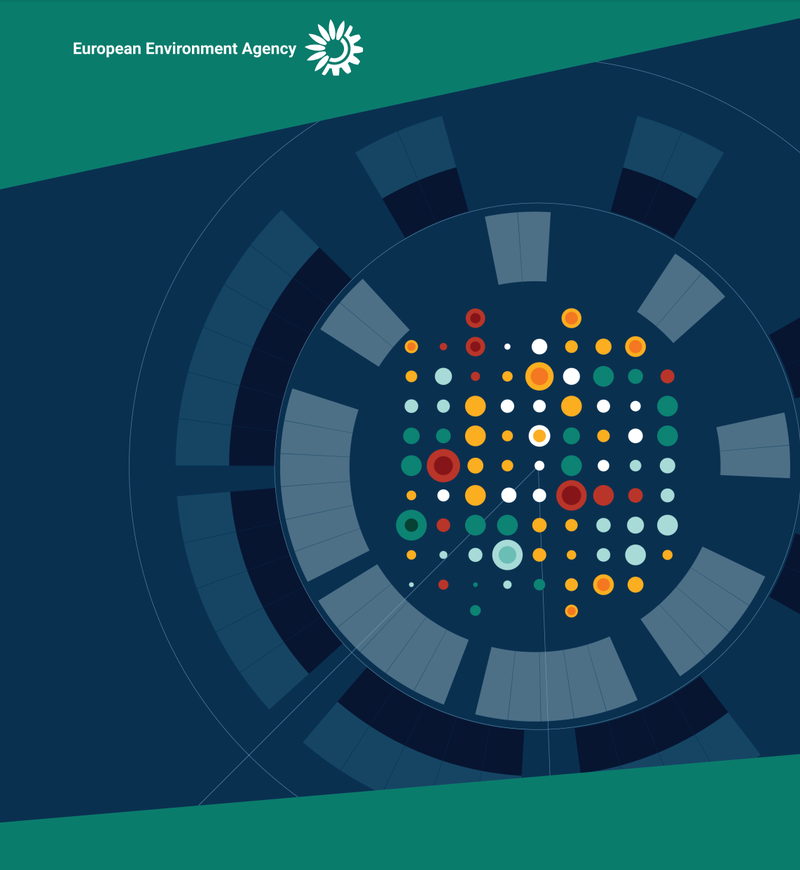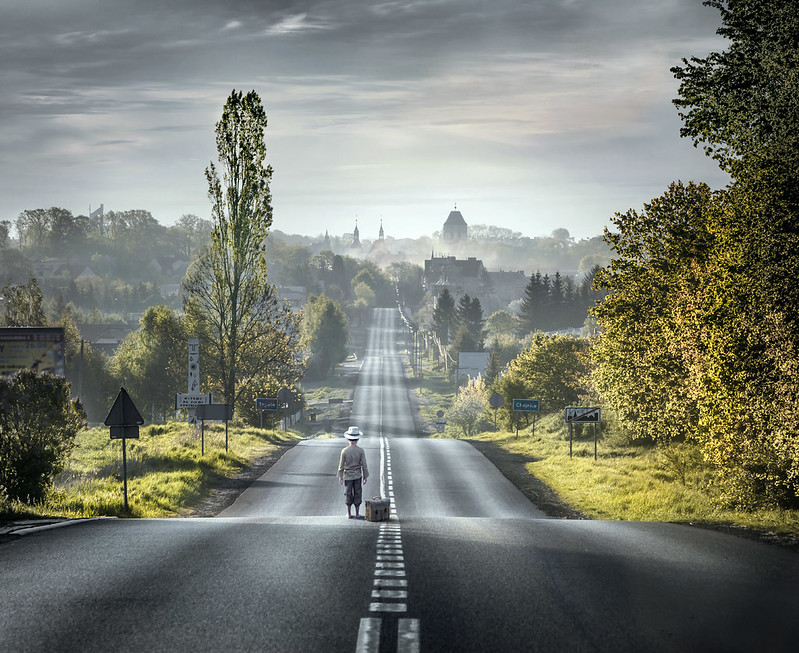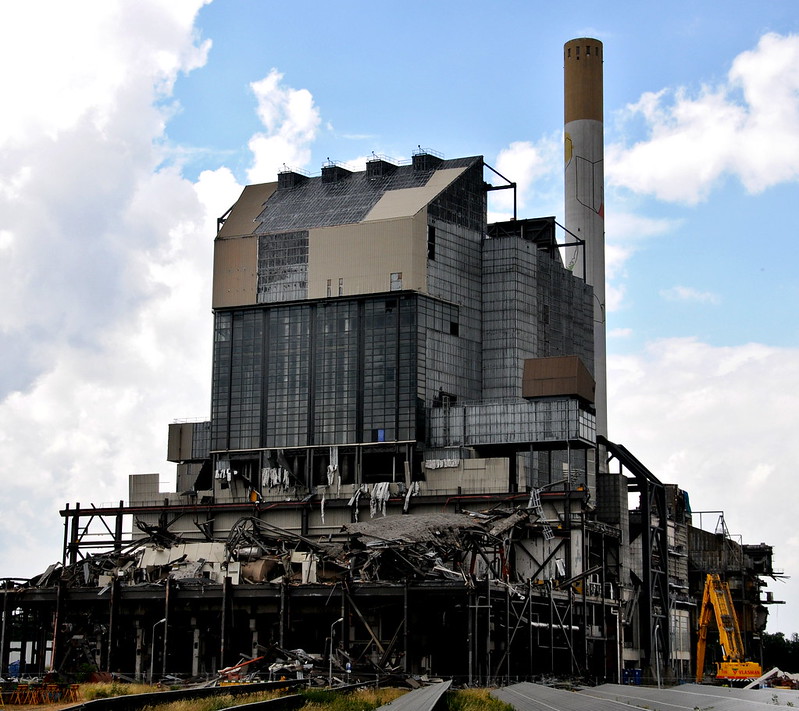All official European Union website addresses are in the europa.eu domain.
See all EU institutions and bodiesWe consume too much, in an unsustainable manner, and transitioning to sustainability is hard. It becomes even harder when we face multiple crises at the same time. The nature of the many crises we face means that now, more than ever, we need to stick to our long-term sustainability goals and policy aims and anchor these environmental and wellbeing aims into the new priority areas like security and competitiveness.
To achieve its ambitious environmental and climate goals, through a socially just transition, Europe needs to radically change the systems of production and consumption such as food, energy and mobility systems.
Environmental issues are inseparable from broader sustainability issues, such as social and economic ones. Significant changes in any one dimension (e.g. environmental) will affect the others (e.g. socio-economic). Changes in the way we produce energy, for example, moving away from fossil fuels, can leave whole regions which were dependent on coal mining prey to unemployment and poverty — if the socio-economic dimensions are not factored in (by retraining the workforce, investing in new workplaces and so on).
The change cannot come from traditional policy responses alone or just from a change in technologies. To avoid lock-ins, consumption patterns, individual and collective behaviours and mentalities need to change as well, moving away from consumerism, individualism and short-termism. For example, changes like moving away from owning a car towards ridesharing or using public transportation can be difficult to adopt for individuals, and car producers could lobby against the new solutions.
Strong coordination is needed among the international community. Achieving climate neutrality in Europe by 2050 will have only a limited effect on climate change mitigation if other countries do not take similar action. International agreements, such as the Paris Agreement and the Kunming-Montreal Global Biodiversity Framework, and Sustainable Development Goals are key to global action.
Achieving the EU’s sustainability goals may also trigger transboundary effects: it can potentially lead to the externalisation of the same environmental problems, through imports and exports.
Decisive measures needed to meet EU environment policy targets by 2030
The EU 8th Environment Action Programme (EAP) builds on the European Green Deal and sets the framework for EU environmental policy until 2030.
Despite steady progress in key areas, the EU is only partially on track to achieve the EU's 2030, environment and sustainability objectives, according to the latest monitoring report published by the European Environment Agency.
The report takes stock of progress towards Europe’s key environment and climate goals, based on 28 headline indicators and corresponding targets.
More decisive measures are needed to boost a circular economy, reverse the declining trend in biodiversity and in reducing the EU's consumption footprint.


Growth without economic growth
Economic growth is closely linked to increases in production, consumption and resource use and has detrimental effects on the natural environment and human health.
It is unlikely that a long-lasting, absolute decoupling of economic growth from environmental pressures and impacts can be achieved at the global scale. Growth is culturally, politically and institutionally ingrained. Societies need to rethink what is meant by growth and progress and their meaning for global sustainability. The various communities that live simply can offer inspiration for social innovation.
The European Green Deal and other political initiatives for a sustainable future require not only technological change but also changes in consumption and social practices.
Imagining an agricultural sector fit for the future
While global food chains, market competition, industrial processes and increasing productivity have turned agriculture into a profitable economic sector, it is also one of the biggest contributors to environmental and sustainability challenges in Europe and worldwide.
Considering these new challenges, it is even more urgent to rethink agriculture and food systems to make them resilient and sustainable. We should also be asking broader questions. For example, what roles might agriculture and the food system play in a sustainable future? Which of agriculture’s functions should society strive to preserve and support?
Our briefing reflects on what makes agriculture unsustainable today — and the types of agriculture we may want to preserve and support. It is part of our series 'Narratives for change'.


Socio-economic impacts of the transition to a climate-neutral economy
The move to a climate-neutral economy doesn't only represent risks and costs, but it has the potential to create exciting new opportunities with net employment gains, new business sectors and a healthier environment. The transition to a climate-neutral economy will however have disproportionate effects on certain regions and risks leaving some groups behind.
Eurofound and the European Environment Agency have brought together EU level and regional experts and stakeholders to explore what these socioeconomic impacts could be and how policy could respond, presented in a joint foresight study.
